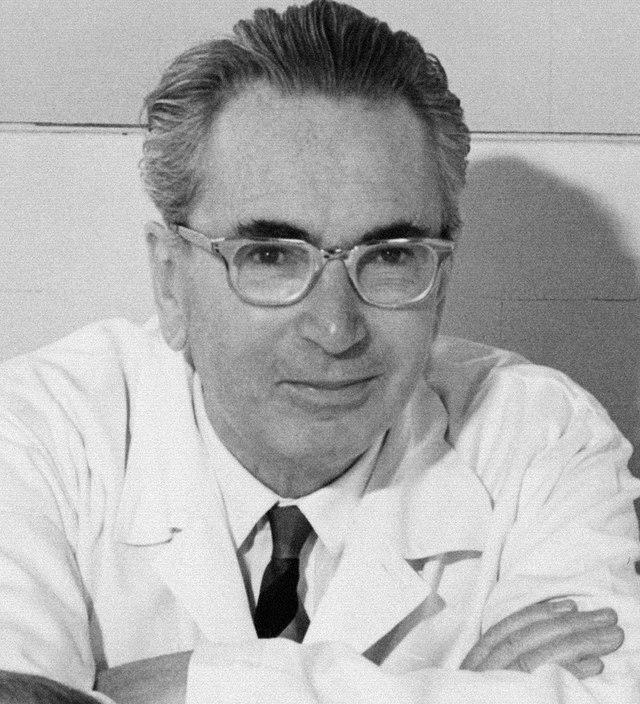Viktor Frankl, an Austrian neurologist, psychiatrist, and Holocaust survivor, left behind a legacy that speaks to the resilience of the human spirit. Born in 1905 in Vienna, Frankl’s early career was marked by a fascination with psychology, particularly the works of Sigmund Freud and Alfred Adler. However, his life took a tragic turn in 1942 when he, along with his family, was deported to Nazi concentration camps. Over the course of three years, Frankl endured the horrors of Auschwitz and other camps, losing his wife, parents, and brother. It was in this unimaginable environment of suffering and despair that Frankl’s most influential ideas began to take shape.
Frankl realized that while he and others had no control over the brutal conditions they faced, they could still find meaning in their suffering. This insight became the foundation of his psychological theory, logotherapy, which centers on the belief that the primary drive in human life is not pleasure, as Freud suggested, but the pursuit of meaning. Even in the most painful and dehumanizing situations, Frankl argued, we can find purpose—whether through acts of love, creative endeavors, or even in how we face suffering itself. He famously wrote, “When we are no longer able to change a situation, we are challenged to change ourselves.” His survival was not just a physical act but an existential one, shaped by his ability to hold on to meaning amidst suffering.
After the war, Frankl poured his experiences and reflections into his groundbreaking book Man’s Search for Meaning, first published in 1946. In this powerful work, Frankl recounts his time in the concentration camps and explores the psychological responses of those around him. He observed that those who could find a sense of purpose, whether by focusing on loved ones, their faith, or future goals, were more likely to survive both physically and emotionally. The book introduces readers to logotherapy, encouraging individuals to confront suffering by finding personal meaning in their experiences, no matter how painful or senseless they might seem.
Man’s Search for Meaning has become one of the most influential books of the 20th century, selling millions of copies worldwide. Its core message—that we have the freedom to choose our response to any situation, even one as horrific as the Holocaust—resonates deeply with readers from all walks of life. Frankl’s work continues to inspire those facing adversity, reminding us that resilience is born not from avoiding suffering, but from finding purpose within it. His belief in the power of meaning as a guiding force in life remains a timeless reminder that, even in the darkest of times, there is hope.

